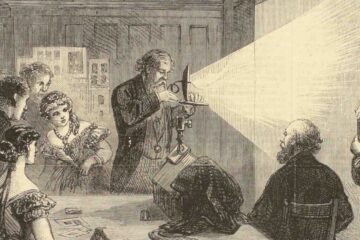Seeing a Bigger Picture: Environmental History & Visual Culture
This interdisciplinary course introduces students to key landmarks in the visual history of environmentalism from the 18th century to the recent past across a variety of linked geographic regions focusing both on images of nature and on the nature of images.
